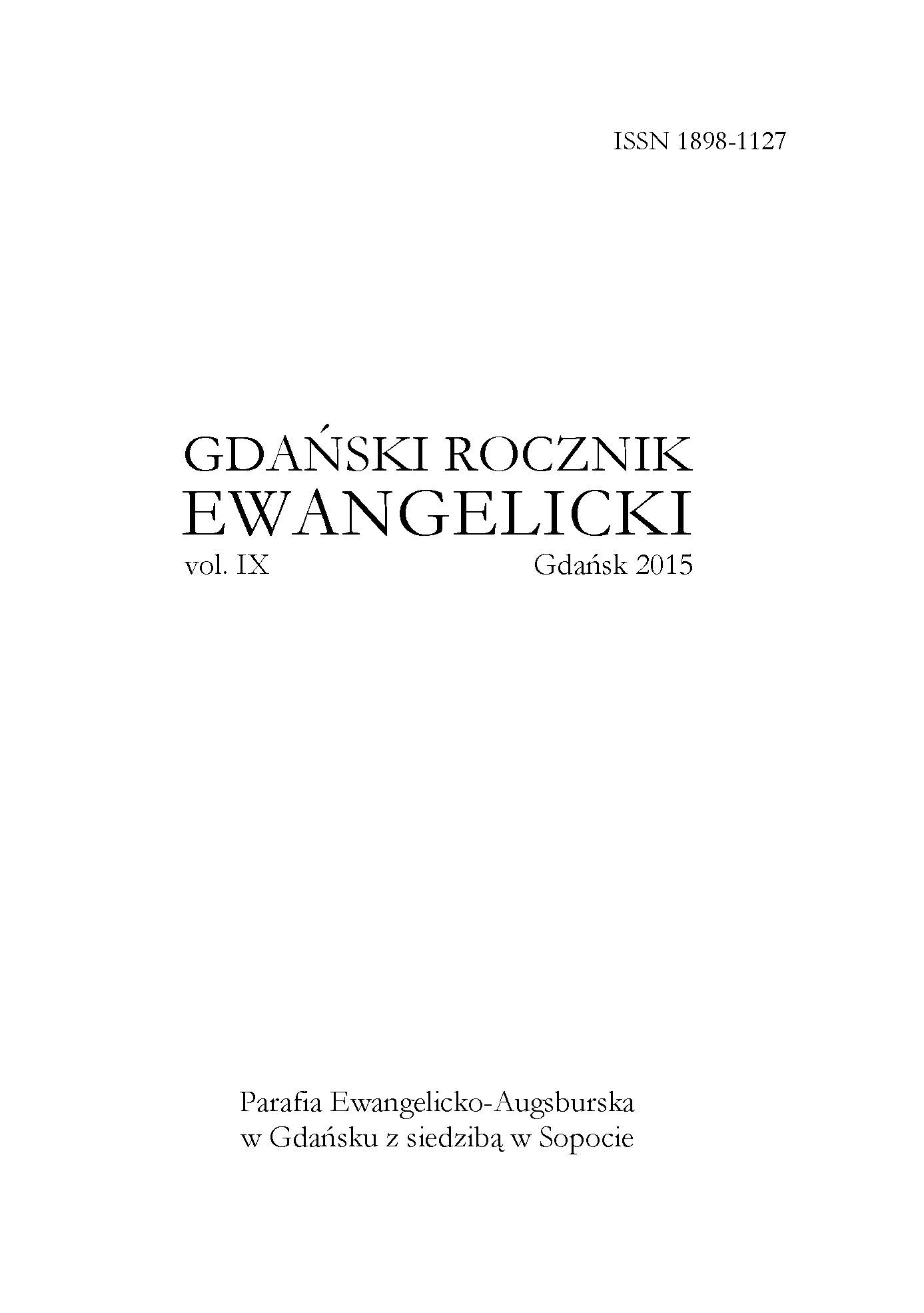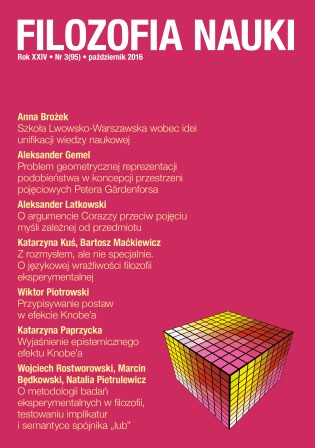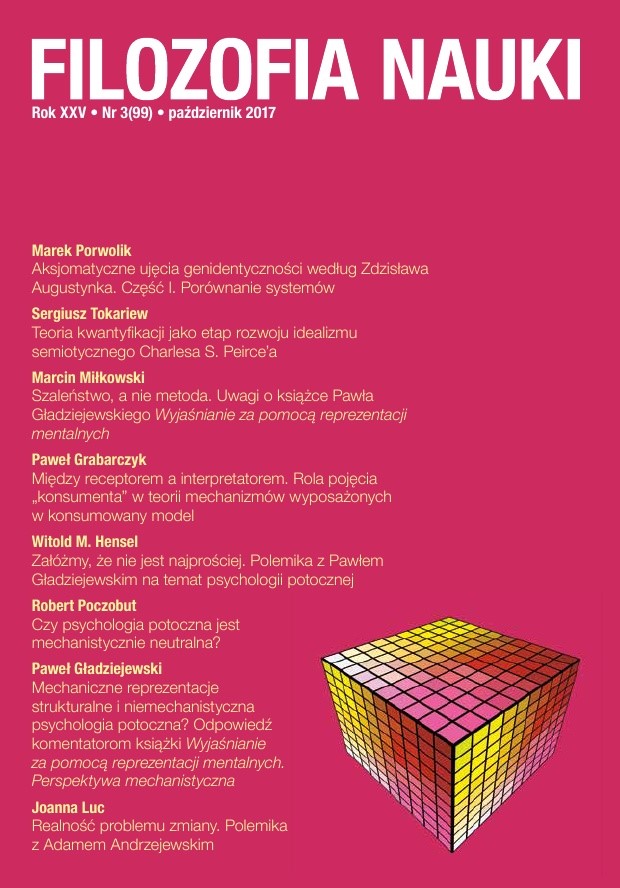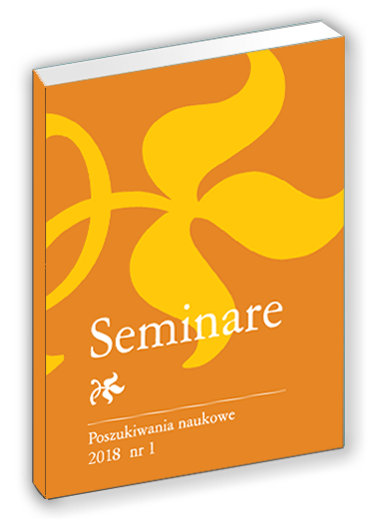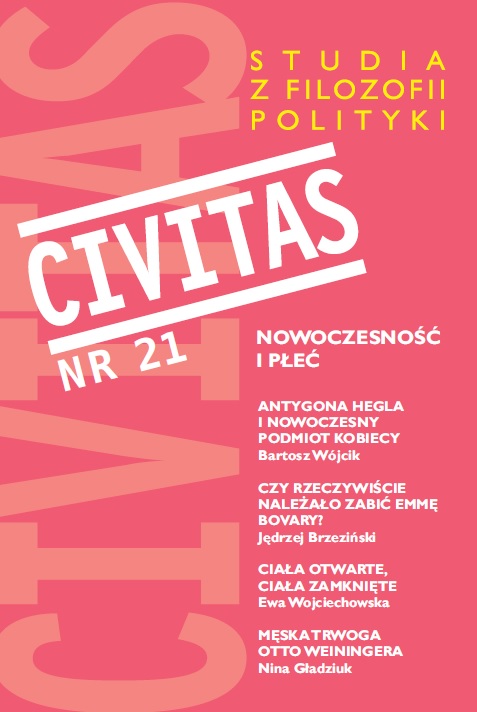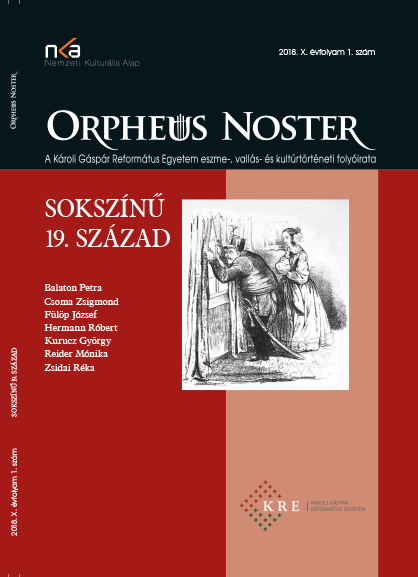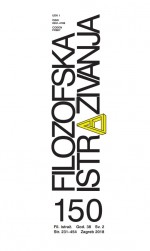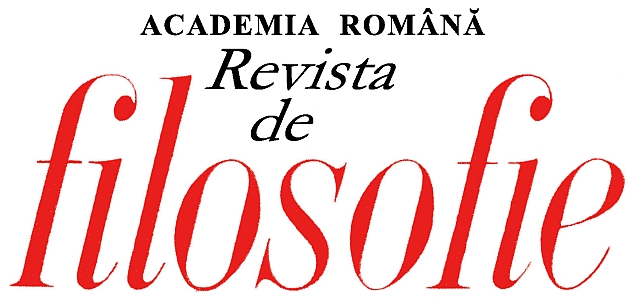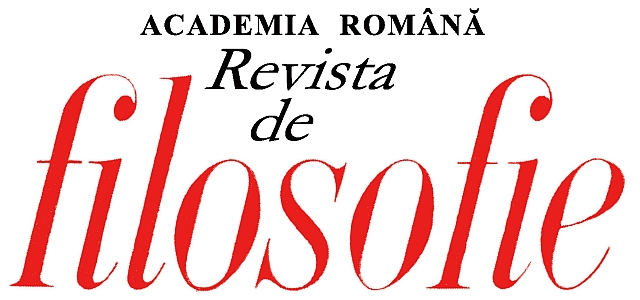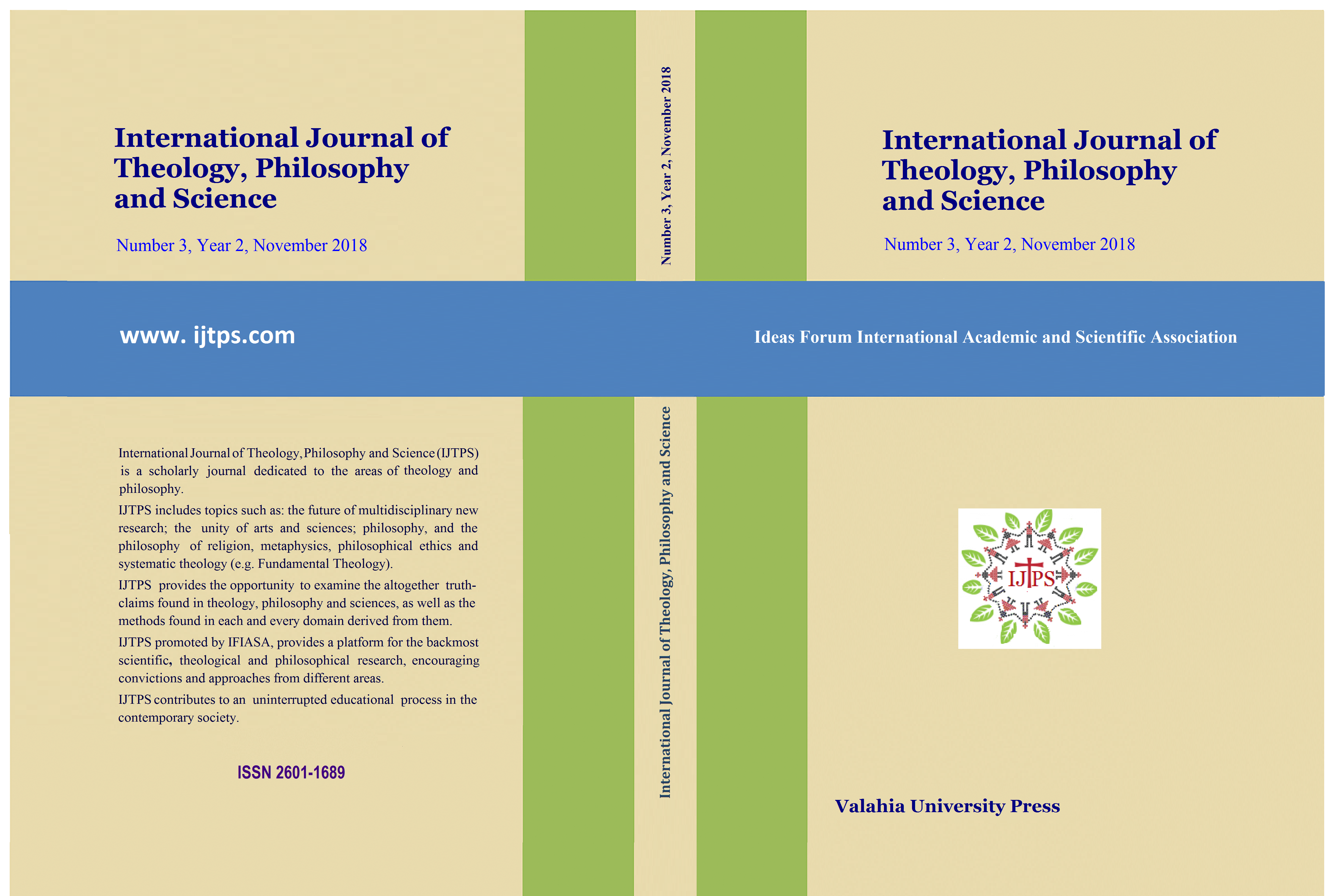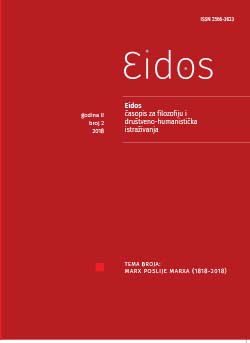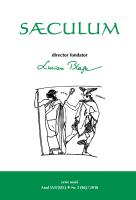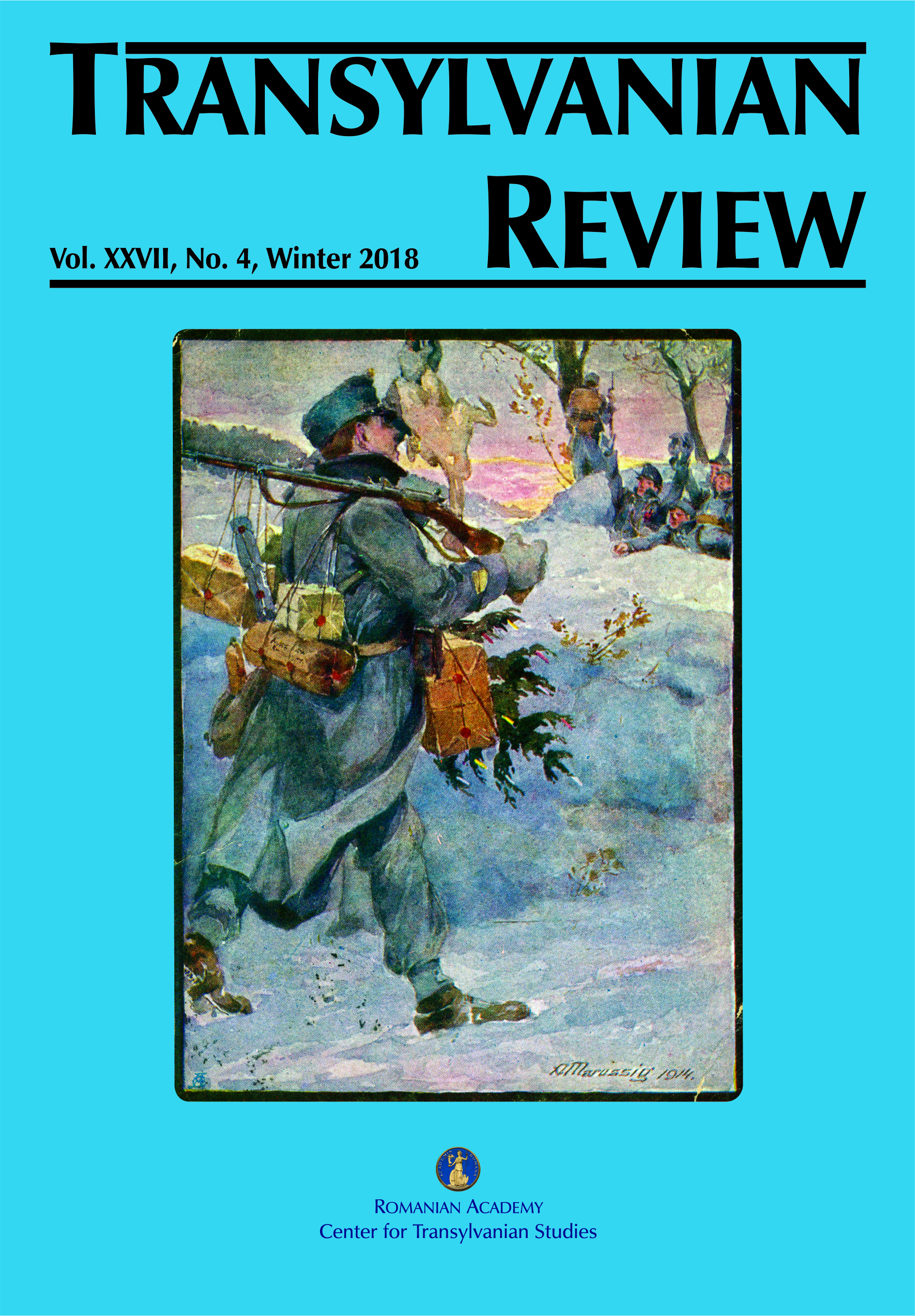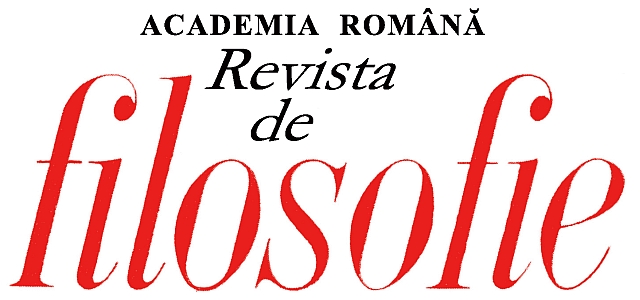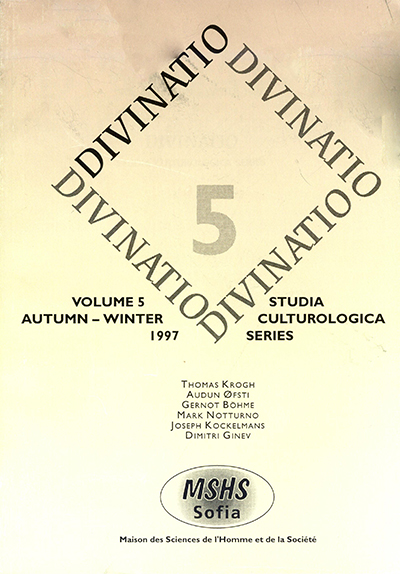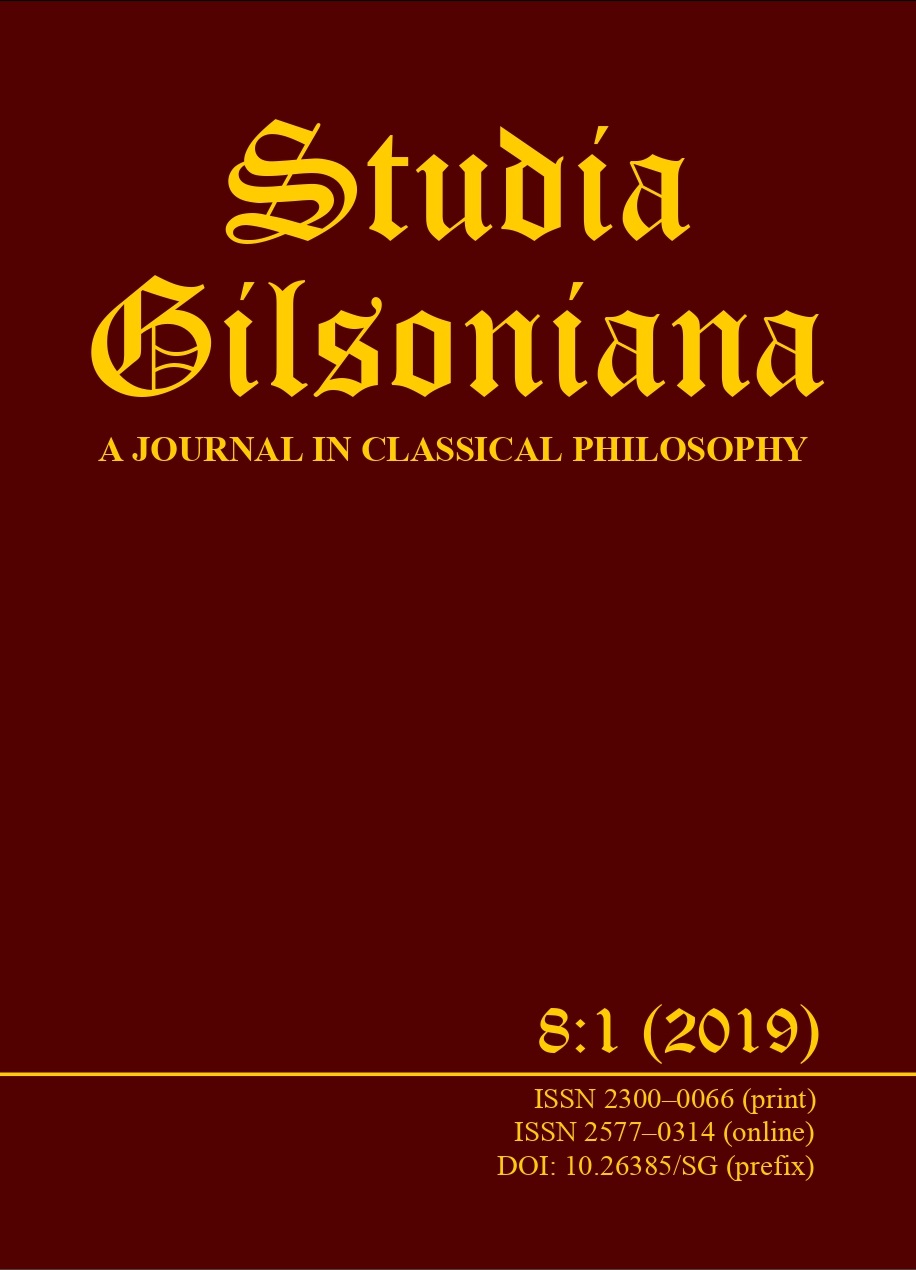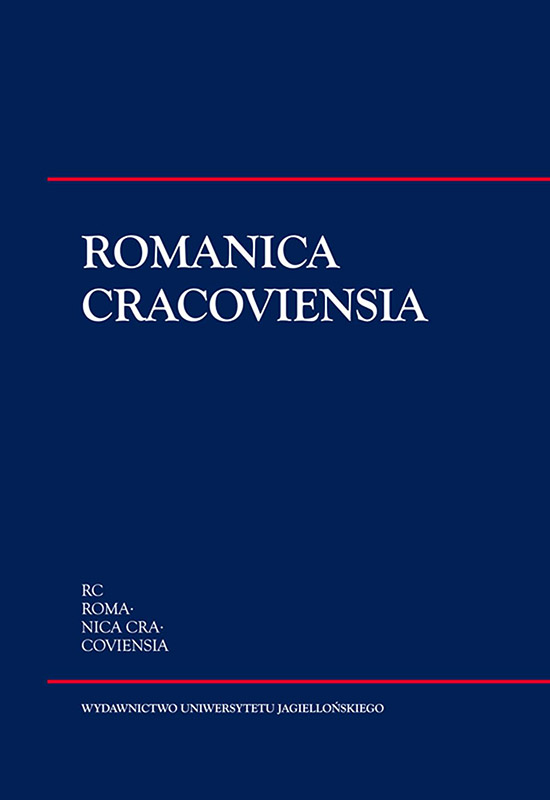
Le destin du philosophe aux temps médiocres. Désaccords autour de l’œuvre et de la biographie de Constantin Noica
In the last 25 years, polemics about Constantin Noica multiplied. For a significant part of the Romanian intellectual élite, he is an exceptional philosopher, maybe the most representative of the Romanian culture in the 20th century. For a little one, his work and his activity represent the “embodiment” of all the critical problems of Romanian culture in the last century. A few scholars criticize philosopher’s ideological options, toward authoritarianism and totalitarianism. In my paper, I present an intellectual profile of the philosopher by revisiting his ontology. I strongly agree with Ion Ianoşi, who stressed that the philosophy of Noica is mainly based on the traditionalism. From this perspective of interpretation, Noica remains a controversial author, but reveals himself as one of the most consistent Romanian philosopher from the last century, who preserved his views till the end of his life.
More...
